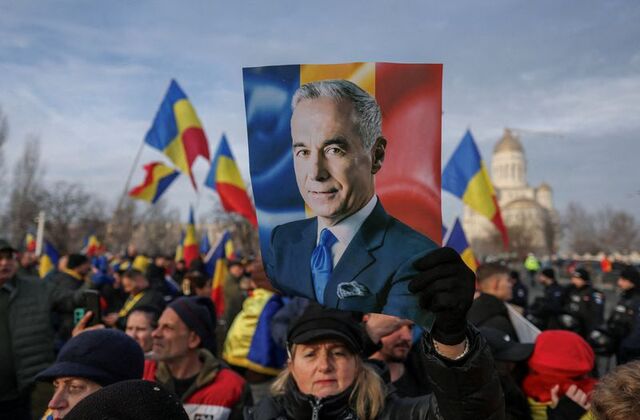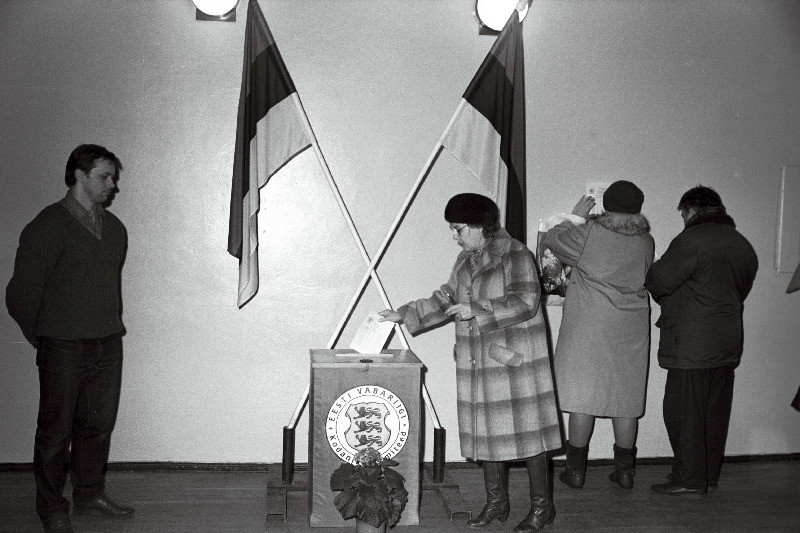
by Abigail Wilson | Apr 18, 2025 | Boston University
Only two weeks out from Presidential Elections, Romanian voters face a tough decision in deciding on the next leader of their country. The latest opinion polls show that nearly 40% of voters are still undecided on who to vote for. After all, most voters already cast...

by Brian Farrell Wiggins | Apr 9, 2025 | Tartu University
On the 26 of March, the Estonian parliament (the Riigikogu) passed a constitutional amendment to remove the rights to vote in local elections for non-EU residents (Kangro, 2025). This was sparked by a motivation to disenfranchise residents who are citizens of the...
by Lucy Rothe | Mar 3, 2025 | The University of Alabama
The growing unpopularity for America providing foreign aid to Ukraine during its conflict with Russia signals a troubling shift towards isolationism. The United States, the world’s most involved superpower, retreating from fighting against an authoritarian sets a...
by Josephine Hale | Feb 13, 2025 | Boston University
In October 2024, mass protests erupted across the nation of Georgia following the release of highly contested election results that extended the power of the ruling Georgian Dream party. Demonstrators numbering in the thousands flooded the streets, rejecting what they...




